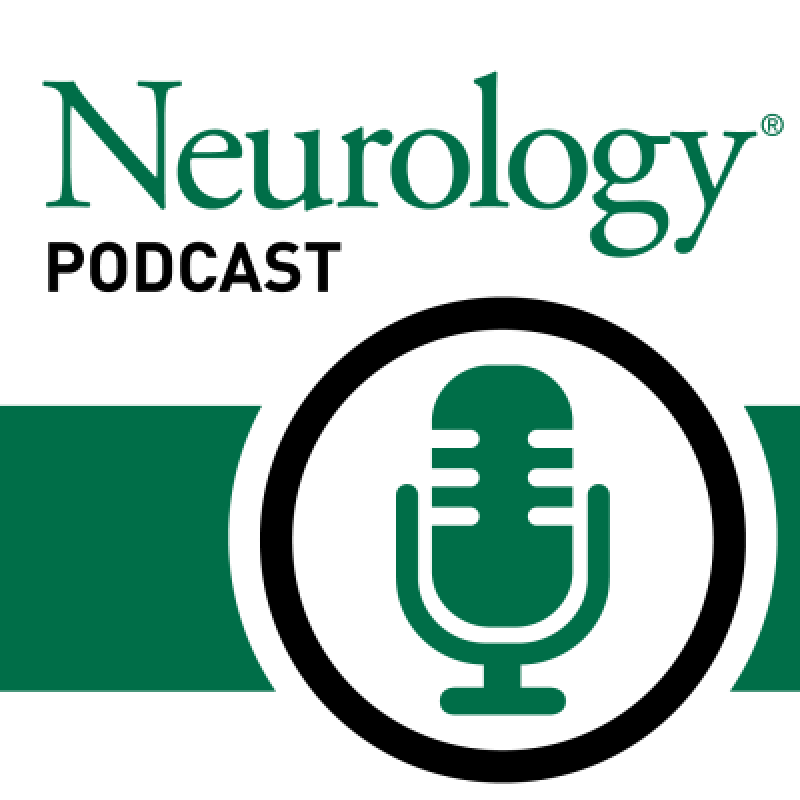Treatment and effects of metabolic neuropathy
Treatment of painful diabetic neuropathy including the role of opioids
Efficient diagnostic testing for common neurologic disorders including headache
Dr. Callaghan’s research is focused on the metabolic factors that are associated with neuropathy. He has completed four observational studies that have demonstrated that hyperglycemia, obesity, and the number of metabolic syndrome components (increased blood pressure, high blood sugar, excess body fat around the waist, and abnormal cholesterol levels), but not hypertension or dyslipidemia, are associated with neuropathy. This has led to a proposed interventional study of surgical weight loss and/or high-intensity interval training to determine if either intervention can prevent nerve injury. If successful, either intervention would be the first disease-modifying therapy for neuropathy.
In 2022, Dr. Callaghan wrote the American Academy of Neurology (AAN) clinical guidelines and corresponding quality measures for the treatment of painful peripheral neuropathy. Other recent work includes findings that diabetes patients have worse neuropsychological outcomes than healthy patients. These include dementia, mental health disorders, sleep, pain, and addiction.
Dr. Callaghan has investigated ways to improve the efficiencies of healthcare delivery within neurology with a focus on peripheral neuropathy. Additionally, he has studied the utilization and costs associated with neurologic testing, prescriptions, and neurologic visits with implications for payment reform. Recently he published research that showed that newer medications for neurologic disorders are expensive and utilization is likely low since there is little motivation to push clinicians away from current therapies since effectiveness is similar. However, it is not clear how these high costs affect more highly effective new medications because they are treatments for rare disorders.
Credentials
- BS, Cellular and Molecular Biology, University of Michigan, 2004
- MD & Neurology Residency, University of Pennsylvania, 2008
- Neurology Fellowship, University of Michigan, 2009
- Masters in Clinical Research Design and Statistical Analysis, University of Michigan, 2011
- Center for Health and Research Transformation Policy Fellowship, University of Michigan, 2016
Honors & Awards
- Inaugural Eva L. Feldman, MD, PhD, Professor of Neurology
- Wolfe Neuropathy Research Prize
- Inaugural Fovette E. Dush Early Career Professor of Neurology
- American Academy of Neurology AB Baker Teacher Recognition Award
- Status Pedagogicus Award presented by University of Michigan Neurology Residents in recognition of teaching excellence
Other Appointments
- Chair, Peripheral Nerve Society (PNS) Education Committee
- Vice Chair, American Academy of Neurology (AAN) Health Services Research Subcommittee
Top Publications
Reynolds EL, Gallagher G, Hill CE, Banerjee M, Mante A, Esper GJ, Callaghan BC. Costs and Utilization of New-to-Market Neurologic Medications. Neurology. 2022 Nov 30:10.1212/WNL.0000000000201627. doi: 10.1212/WNL.0000000000201627. Online ahead of print.PMID: 36450601
Putnam NM, Reynolds EL, Banerjee M, Mizokami-Stout K, Albright D, Lee J, Pop-Busui R, Feldman EL, Callaghan BC. Neuropsychological Outcomes in Individuals With Type 1 and Type 2 Diabetes. Front Endocrinol (Lausanne). 2022 Mar 4;13:834978. doi: 10.3389/fendo.2022.834978. eCollection 2022.PMID: 35317223
Price R, Smith D, Franklin G, Gronseth G, Pignone M, David WS, Armon C, Perkins BA, Bril V, Rae-Grant A, Halperin J, Licking N, O'Brien MD, Wessels SR, MacGregor LC, Fink K, Harkless LB, Colbert L, Callaghan BC. Oral and Topical Treatment of Painful Diabetic Polyneuropathy: Practice Guideline Update Summary: Report of the AAN Guideline Subcommittee. Neurology. 2022 Jan 4;98(1):31-43. doi: 10.1212/WNL.0000000000013038.PMID: 34965987
Callaghan BC, Armon C, Bril V, Colbert L, David WS, Del Toro DR, Fink K, Jones LK Jr, Kleemeier R, MacGregor LC, Bennett A, Shenoy A. Polyneuropathy Quality Measurement Set: Quality Improvement in Neurology. Neurology. 2022 Jan 4;98(1):22-30. doi: 10.1212/WNL.0000000000013037.PMID: 34965986
Callaghan BC, Reynolds EL, Banerjee M, Akinci G, Chant E, Villegas-Umana E, Rothberg AE, Burant CF, Feldman EL. Dietary weight loss in people with severe obesity stabilizes neuropathy and improves symptomatology. Obesity (Silver Spring). 2021 Dec;29(12):2108-2118. doi: 10.1002/oby.23246. Epub 2021 Nov 7.PMID: 34747574
Dr. Callaghan News

Listen: Neurology Features Dr. Callaghan on Patient Travel
The podcast of the American Academy of Neurology's journal Neurology spoke to Brian Callaghan, M.D., about patient travel time and distance to neurologic appointments across conditions and subspecialties.

Bariatric Surgery May Slow Cognitive Decline
Michigan Medicine's Health Lab covered new research by Drs. Brian Callaghan and Evan Reynolds, published in the Journal of Nutrition, Health & Aging, found that in obese individuals, bariatric surgery may slow some cognitive decline.

Diabetes Research Receiving National Media Attention
After Michigan Medicine's Health Lab blog covered new research in Diabetologia by Evan Reynolds, Ph.D., and Brian Callaghan, M.D., Ph.D. only a week ago, a growing number of national media outlets picked up the story.

Edith Briskin Funds New Eva L. Feldman MD, PhD, Professorship in Neurology
The continuing generosity of Edith Briskin has now established the Eva L. Feldman, MD, PhD, Professor of Neurology, and Brian Callaghan, M.D., will become its inaugural recipient.

A New Hope for Treatment of Diabetic Complications
Michigan Medicine's Health Lab blog covered new research in Diabetologia from a team led by Evan Reynolds, Ph.D., and Brian Callaghan, M.D., Ph.D. They published a clinical study that looked at the effect of bariatric surgery on slowing the progression and even reversing complications of diabetes.

Neurology: Ditching Opioids for Painful Diabetic Neuropathy
Dr. Brian Callaghan and other neurology experts reviewed the latest evidence to offer new recommendations for the management of painful neuropathy in diabetes patients.

